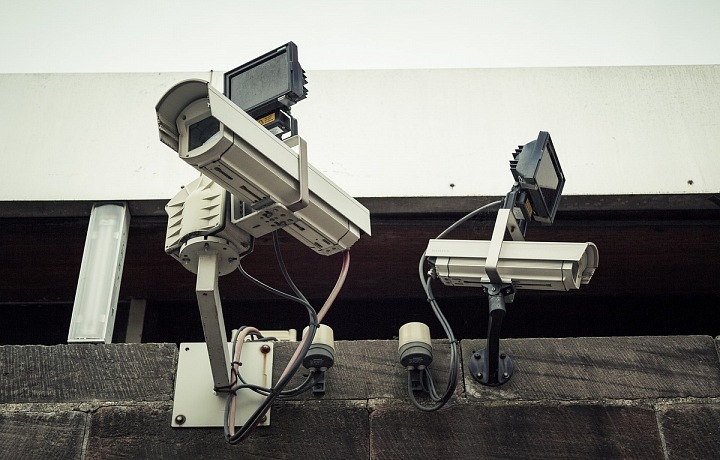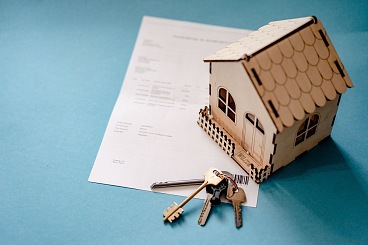UGLY TRUTH: Super monitoring and social credit in China: Living in a system that penalizes even walking a dog the wrong way?
China has begun testing a social credit system on millions of people, evaluating their behavior and either rewarding or punishing them accordingly. If you, for instance, fail to pick up your dog's poop, cross the street on a red light, or slander the Chinese president, you will lose points, which may ultimately ruin your life.
A few years ago, the series Black Mirror brought an episode in which all people were assigned a social status, specifically a number that showed everyone how accomplished, respected and successful they were. The higher the number, the more prosperous and privileged the person was. But when the figure dropped below a certain level, for instance due to a someone's bad behavior or because they made another person upset, they became undesirable in the eyes of society and went to jail.
Punishment and rewards
Back then, it looked like science fiction, but China is currently implementing a similar system. It is a social credit system that aíms to show how much of a law-abiding citizen you are. People are assigned a score that determines what their life is and will be like. Those with a low score cannot buy train tickets, find a good job, get a loan, their internet speed may be limited. The system can also publicly disgrace you, for example by letting others know, "Look, this is a bad citizen, don't associate with him or else you'll lose points." Alternatively, you could be prevented from leaving the town.
With a better social score, people can be admitted to university or get a prestigious job, they have discounts on transport or in stores, and they don't have to wait in queues at offices. There are likely to be other benefits in the future that are not yet known.
So, how can one increase their credit? For example by donating blood, paying taxes in time, sending money to charity, volunteering and helping old people, voting properly, praising the government on social networks and defaming dissidents, not cutting in queues or being a good employee.
Conversely, you can lose points if you cross the street on a red light, cheat in online games, write negative things about government on social networks, take part in demonstrations, pay your bills late, fail to sort waste, order food over the internet without taking it over, playing loud music on public transport or walking the dog without a leash and not picking up the excrements.
Cameras on every corner
How is it possible for the state to monitor all this? It uses millions of cameras, which are deployed in the cities and can recognize people with great accuracy - for example by their face or by their way of walking. When you commit a misdemeanor, the system is likely to record you, because the cameras are pretty much ubiquitous. It is estimated that by now, there are 200 million of them in China - a number that is likely to rise to 600 million within a short period of time. Such a large concentration cannot be found anywhere else in the world.
The state also monitors the internet very closely, whereby it gains a good knowledge about what people read and watch, or what do they write and to whom. Cell phones, in turn, monitor location. By using them, everyone leaves a digital footprint that reveals their behavior and habits. Here in Europe, we share a lot of information about ourselves, too, but China is now working on linking everything to a social credit system that will rewards and penalize human behavior.
I talked to a Czech woman who lives in China a while ago and asked her how the social credit changed poeple's lives over there. She told me that foreigners hardly feel it at this point, but it is a huge change for local people, affecting their behavior. "Everything calmed down, people suddenly turned into robots. Do don't cut the line in queues, they're not rude to each other, they don't yell. Everyone wants to behave properly, so as not to attract attention to themselves. It's fascinating," she told me.
So far, everything is in the pilot phase and the government is testing on tens of millions of people how the system works, how it affects human behavior. And wondering how the system could be used in the future. It is not yet clear how exactly it will be used and what rewards or punishments people can expect, but the possibilities are more or less unlimited. It will be up to the local government to determine to what extent the system will be connected with everyday life. So far, however, it seems that they will be using this powerful tool very intensely and its full launch throughout China and for everyone is a matter of months.















